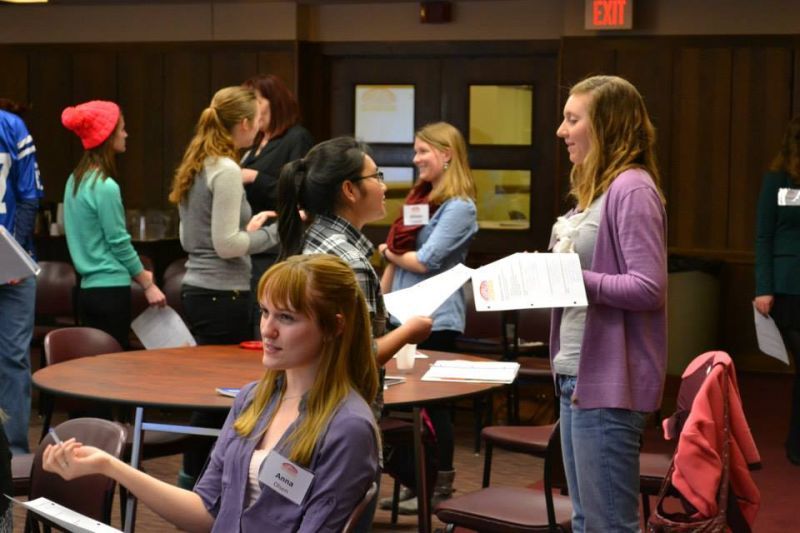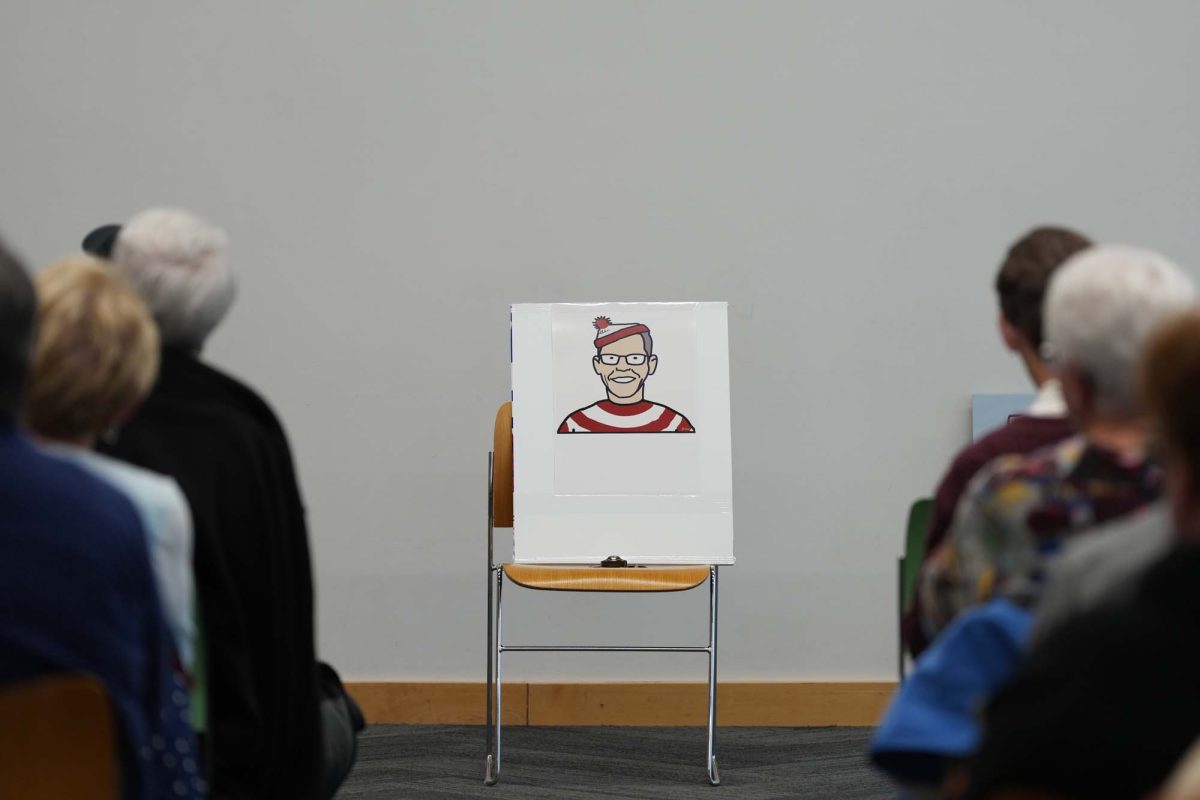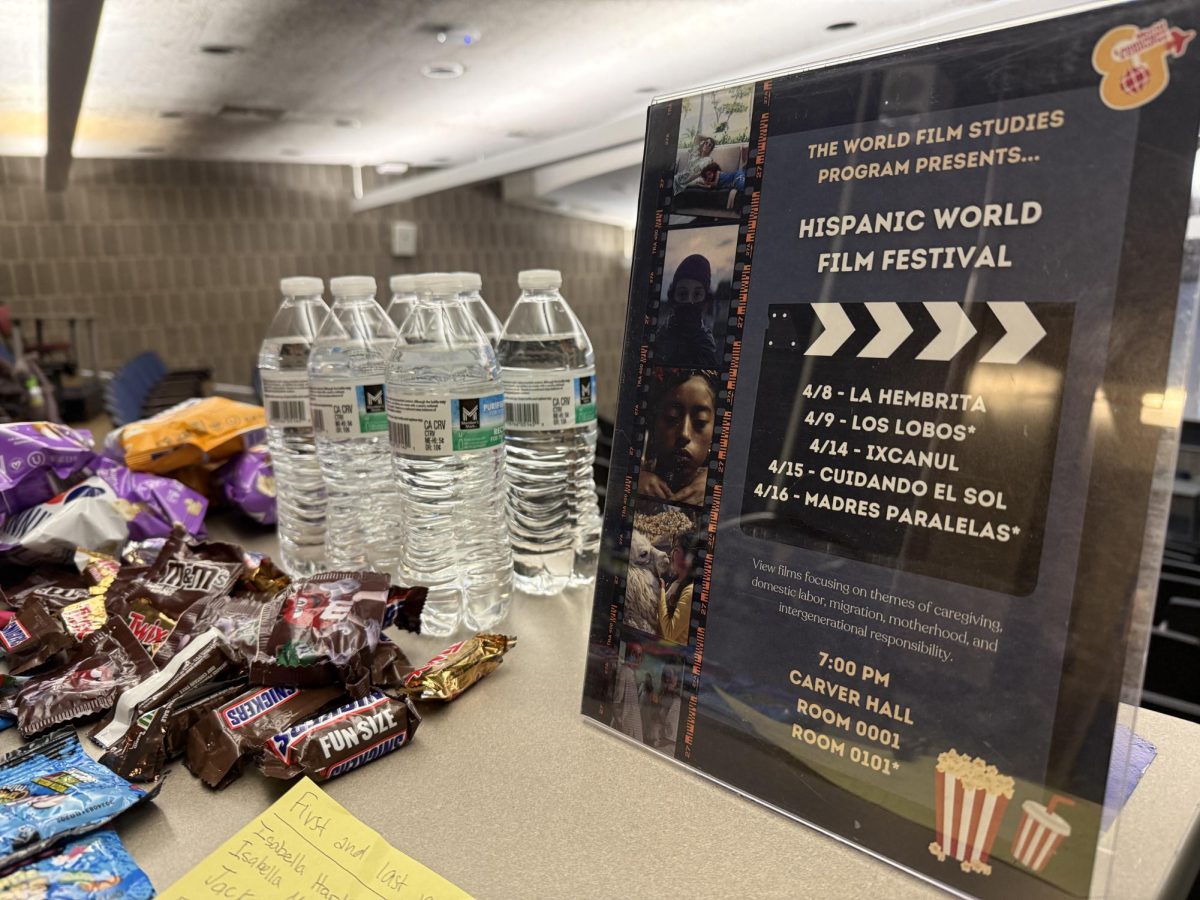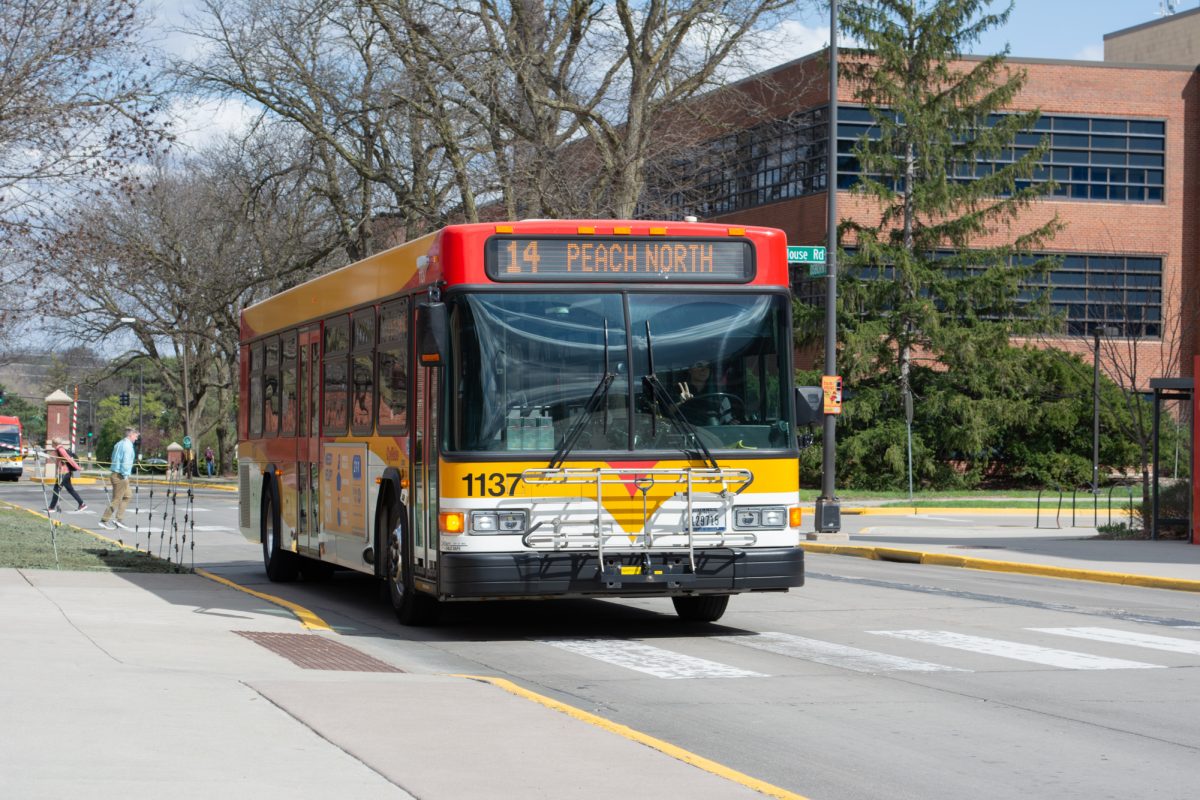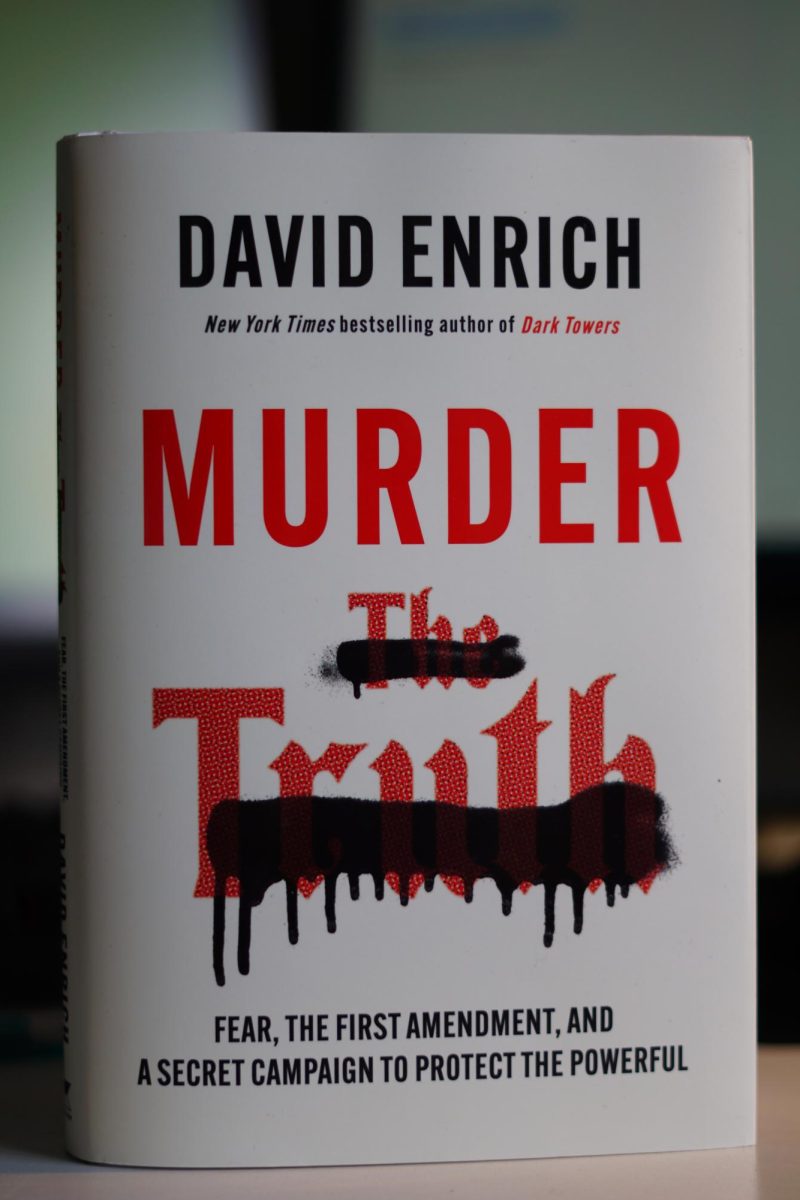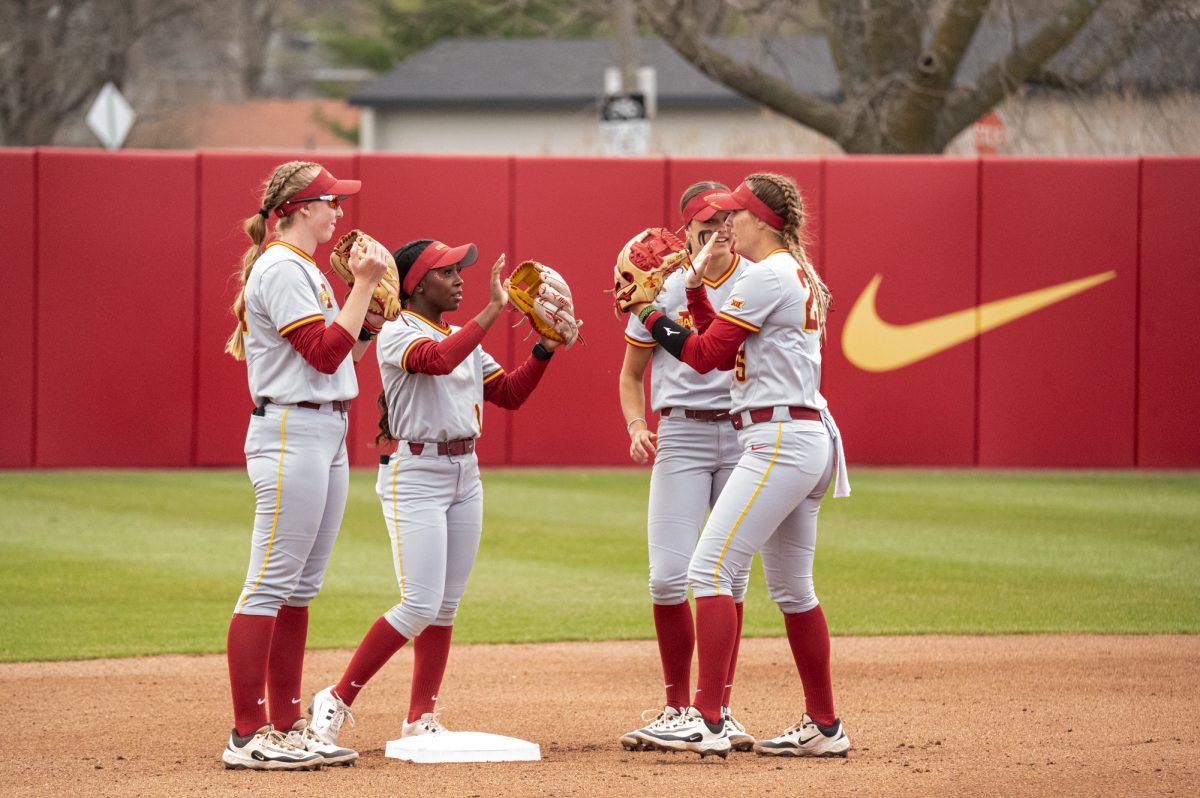Campaign College
Campaign College 2014 took place on Jan. 18 in the Campanile Room of the Memorial Union. The half-day workshop included multiple sessions with guest speakers and information for those interested in running for GSB.
February 27, 2014
Campaign College is an informational workshop dedicated to encouraging individuals, to get more involved in campus government as well as overall community leadership. This program was specifically geared toward getting women involved in campus government, but some men were also in attendance.
“We fit the national standard, where women tend to be underrepresented in relation to the proportion they make up in the campus student body,” said Valerie Hennings, scholar-in-residence at the Carrie Chapman Catt Center and adjunct assistant professor of political science.
Hennings said she wanted to help show students some of the amazing ways to make a difference on campus with Campaign College and show what the process of running for the Government of the Student Body senate looks like.
This workshop was specifically designed for the Iowa State campus. When putting it together, Catt Hall first questioned whether or not it would be needed. The relativity new idea of Campaign College was first introduced in spring of 2013.
“We talked about this idea that the Catt Center wanted to provide Campaign College because it was certainly a part of our mission to encourage civic engagement,” Hennings said.
All students were invited to join in the full days of activities that made up Campaign College. Twenty people in total attended, with four people ending up on the ballot for GSB senate.
“I wasn’t sure if I wanted to run for GSB senate prior to attending Campaign College. When I found out I could be a GSB representative for my college, College of Agriculture and Life Sciences, and be a voice for some of the students in my college, that instantly attracted me for running for GSB college,” said Kalli Weber, freshman in agronomy.
In order for students to run for GSB, they have to attend an informational session. One of the sessions involved the election commissioner, which was accepted by GSB as a check mark for the informational session needed to run for office. It took place on Jan. 18, giving ample time to attendees to run for GSB if they chose.
At the Campaign College workshop, students were also able to hear from various role models. Student leaders, primarily women leaders, who are currently serving in GSB senate told their experiences on how GSB has affected them and what it entails to be a GSB member.
This allowed attendees to see that they are capable of running because there were people just like them in senate. They could also make connections with the members and ask their questions on what daily life as a GSB member involved.
“With Campaign College, I was able to learn skills and build my leadership because my goal was to run for GSB in the future,” said Ziyang Yu, a junior in computer engineering.
Attendees heard from two keynote speakers, Sophia Magill and Deborah Ann Turner, both ISU alumnae. Magill talked about her experiences and how being a campus leader helped her as a professional. Turner spoke specifically about what it meant to be a leader and about women’s leadership overall. Consistent with both speeches were the benefits of being a campus leader.
“We had an interactive exercise where they got to practice being a candidate with the hopes and intentions of them seeing themselves as potential GSB candidates,” Hennings said.
Campaign College gave individuals an opportunity to meet other students across majors, beyond their typical groups that they might normally cross paths with.
“If it’s one thing I took away from this experience it’s that everything that goes into being a leader cannot be said; it must be followed through with action. If I’m going to lead people, I have to be an example of how I want them to act,” said Weber.


